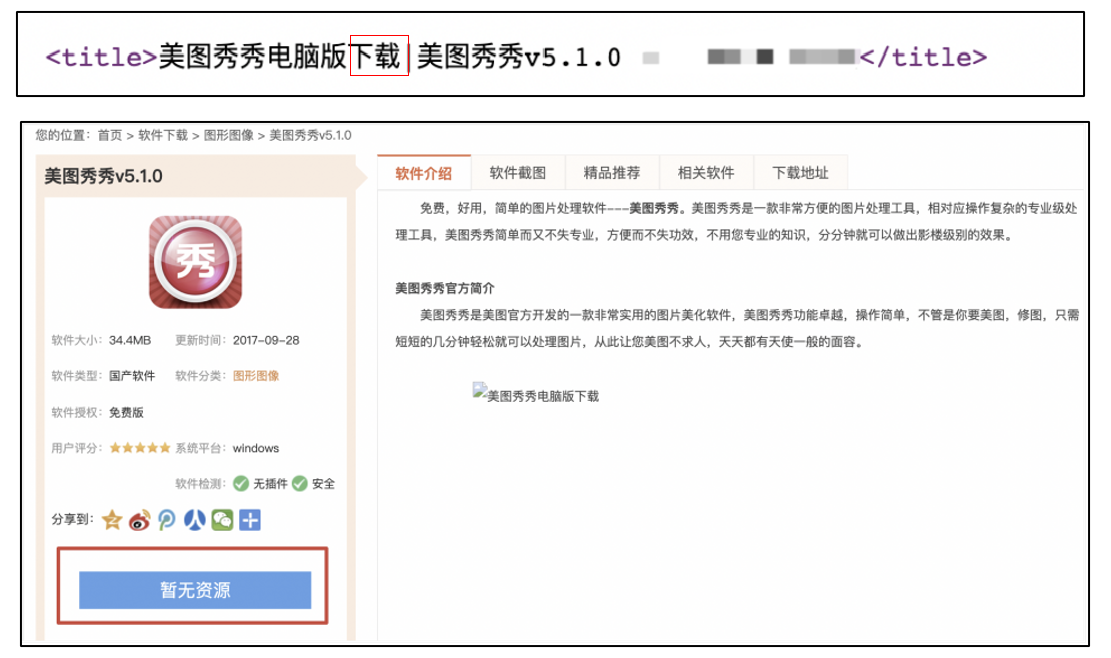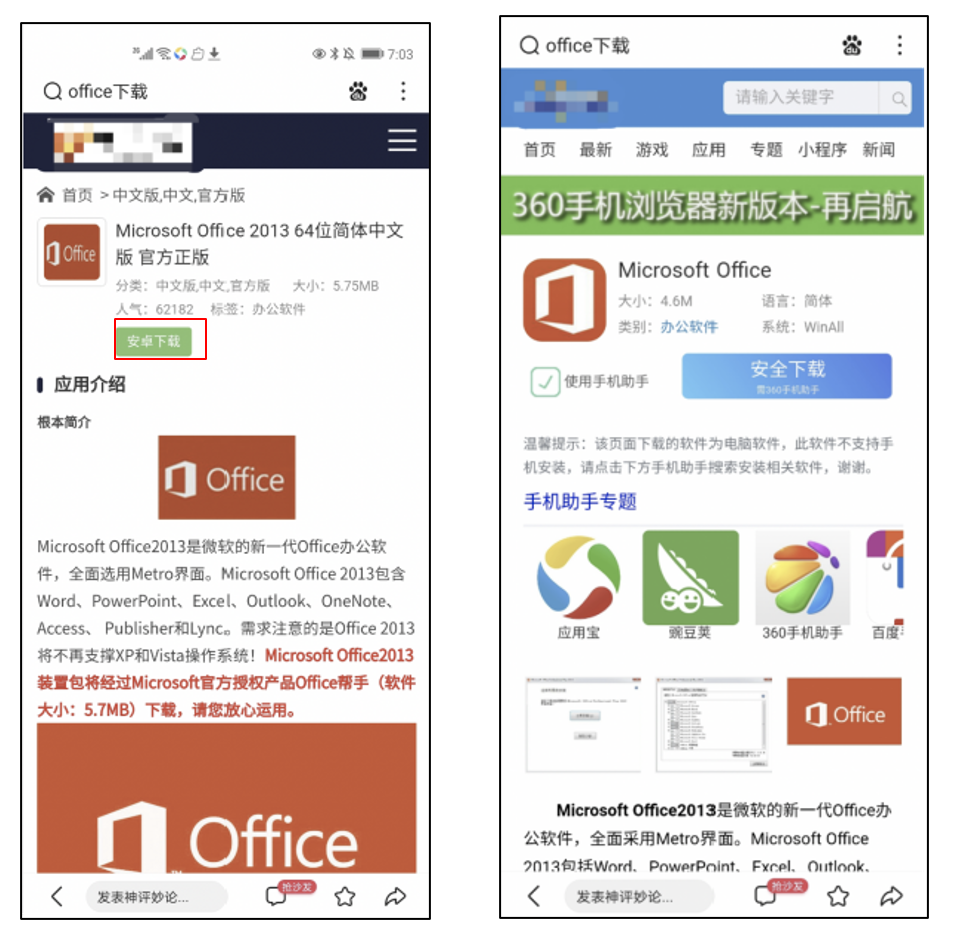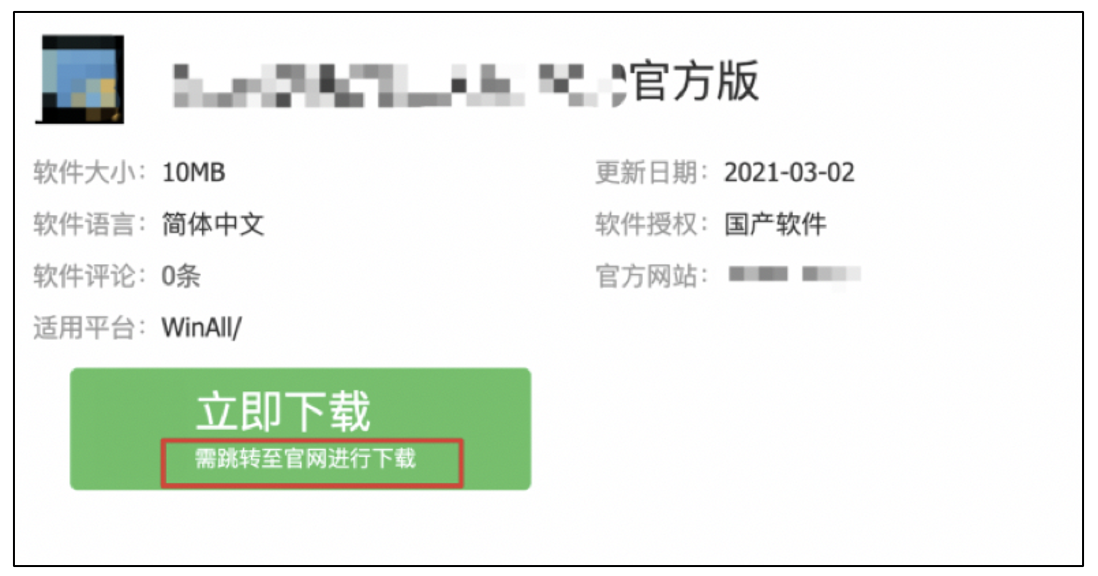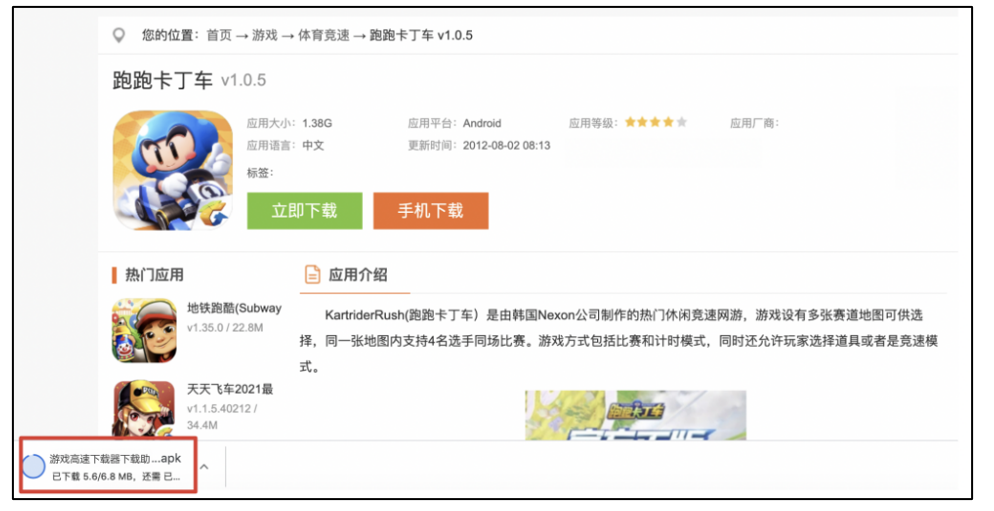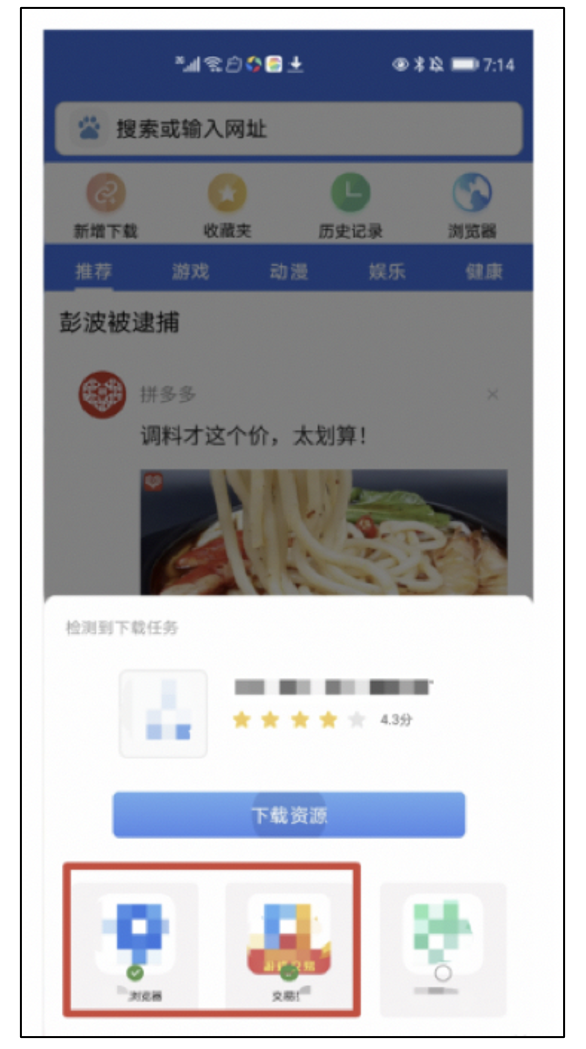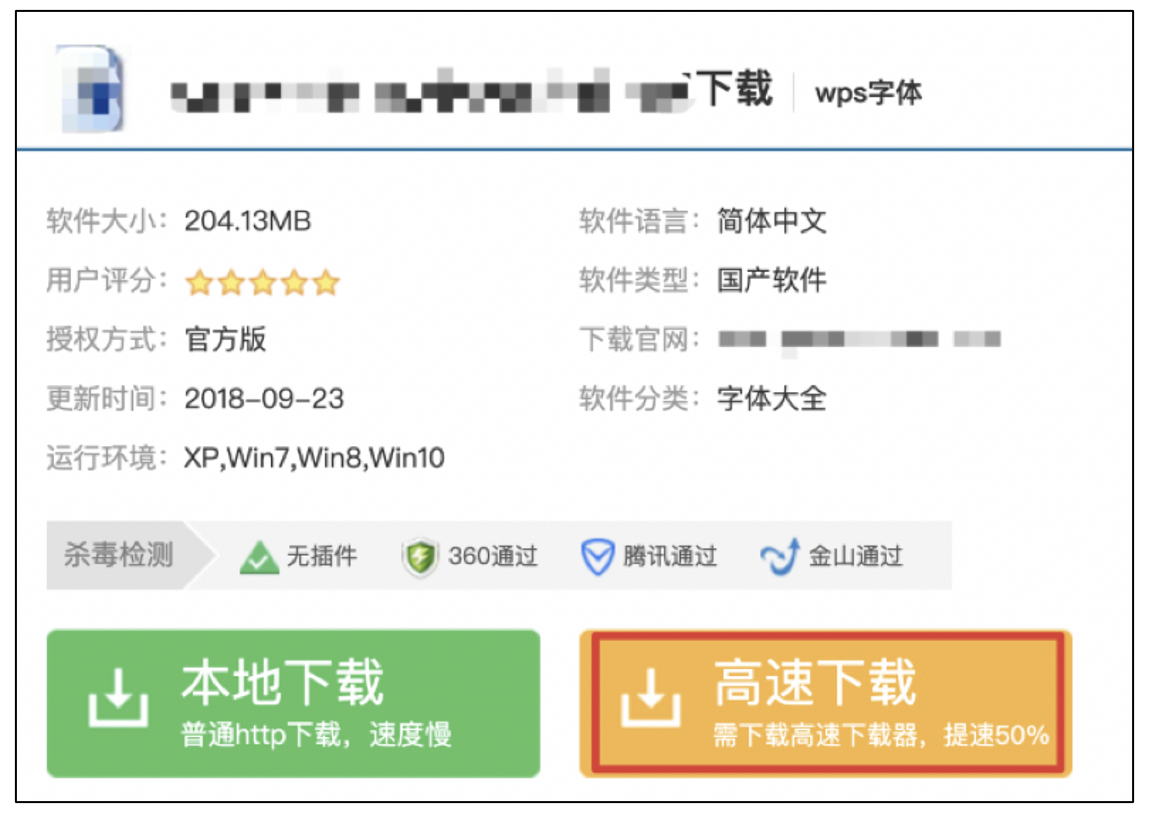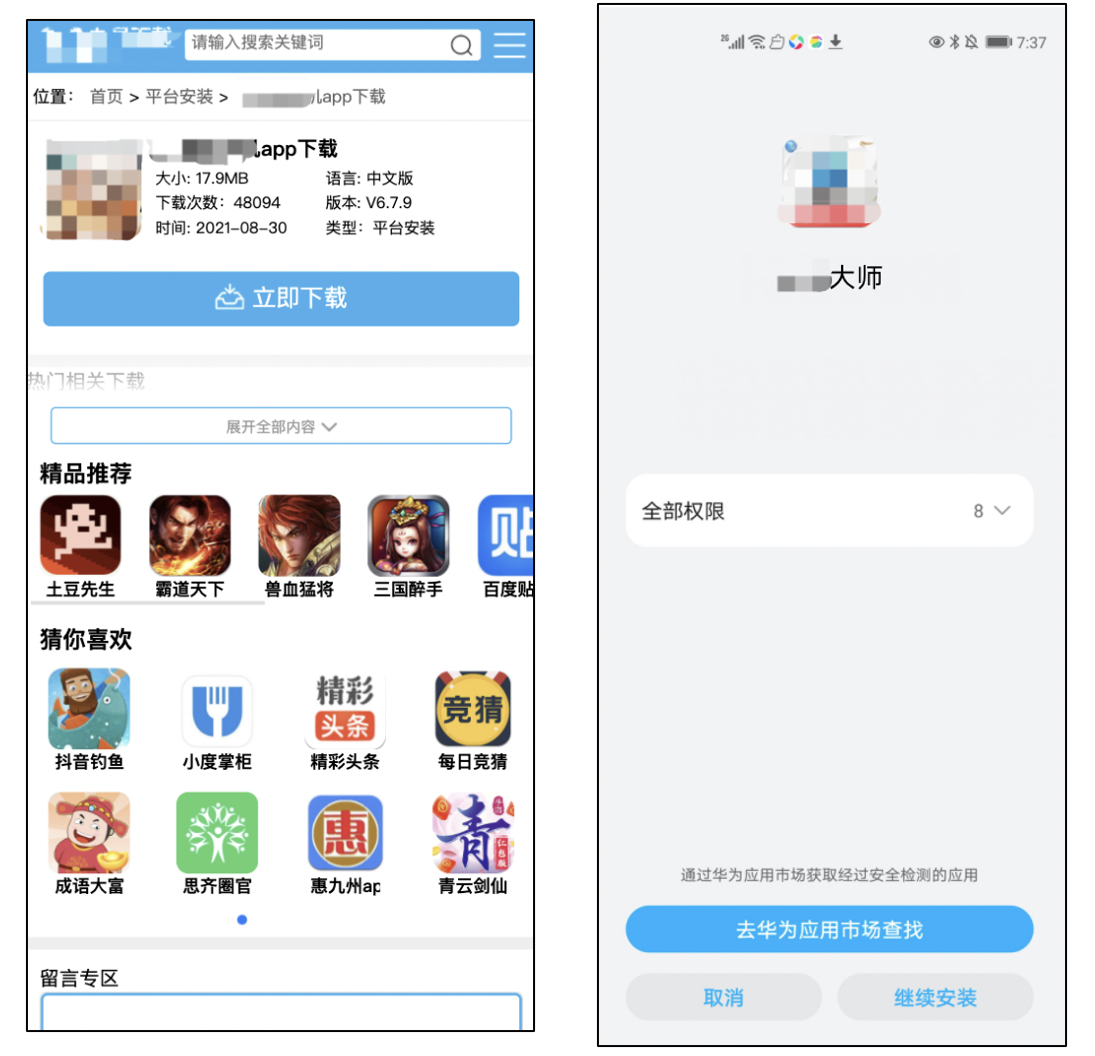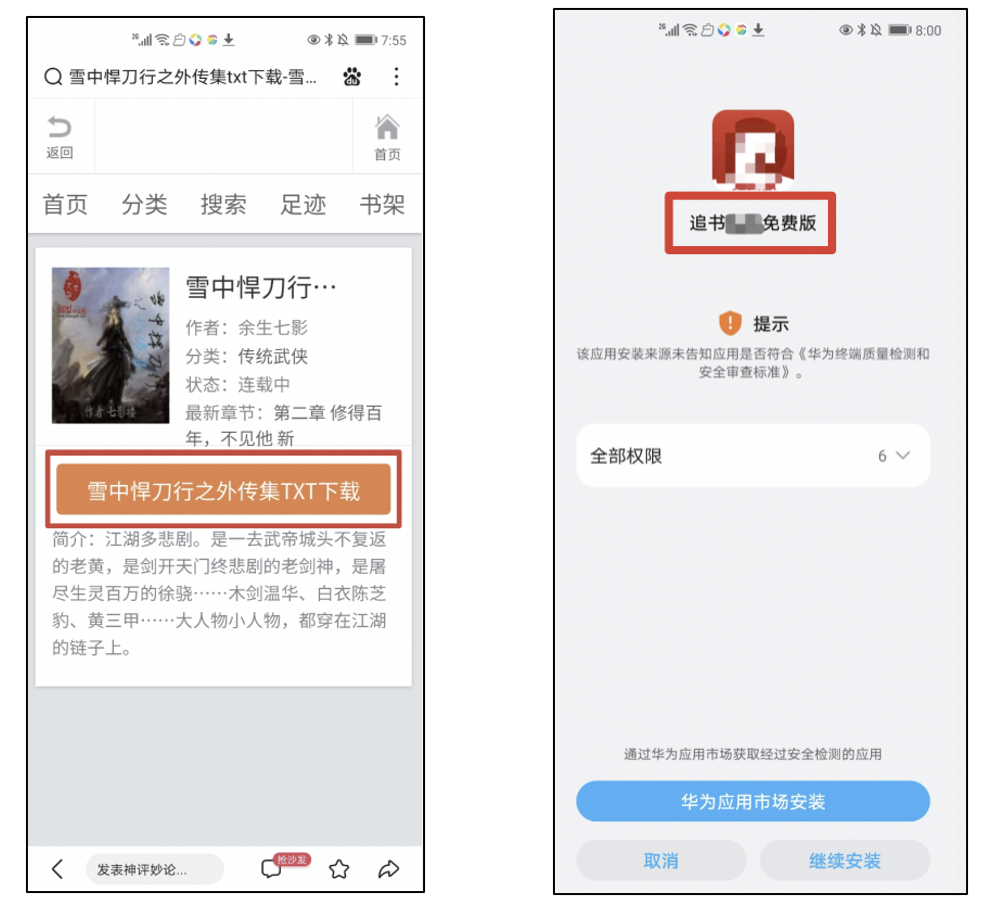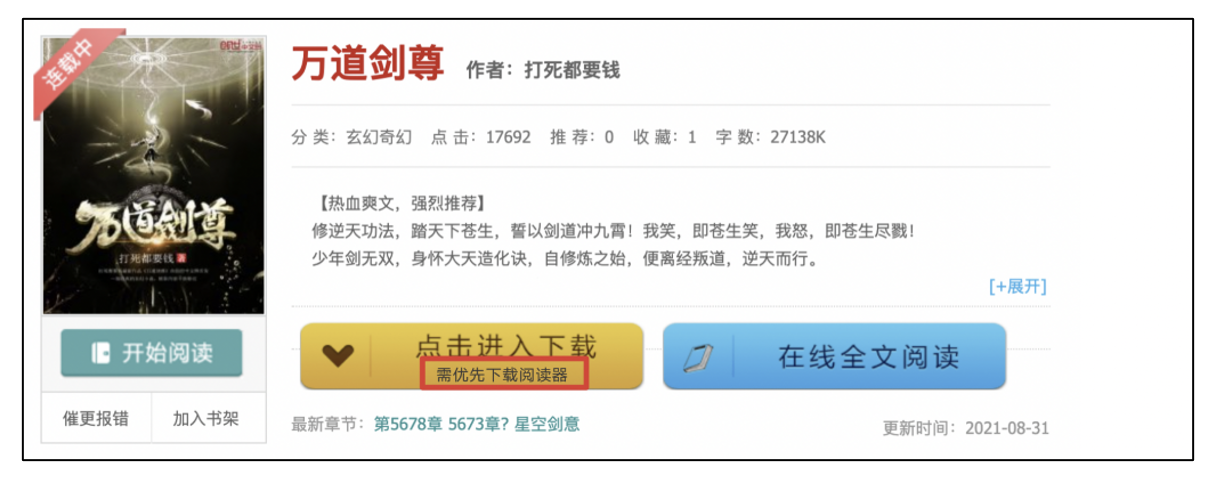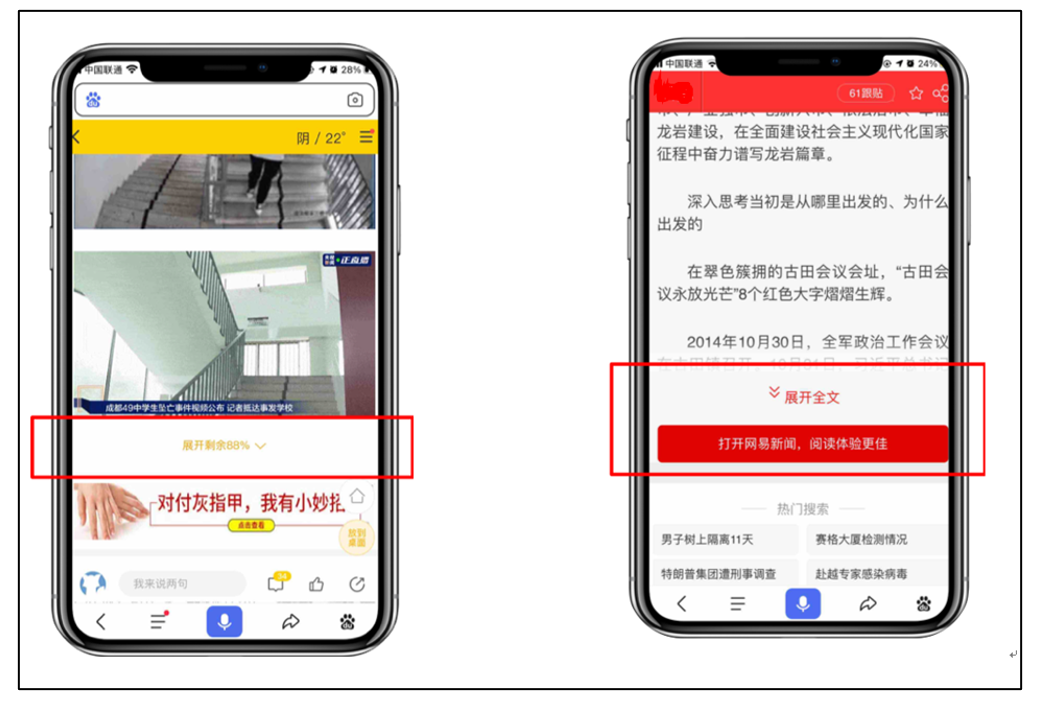Baidu SEO: 2021 Search Algorithm Updates
Baidu—China’s #1 search engine—continuously seeks to improve its user experience and provide relevant results, making it imperative that you stay on top of its algorithm updates.
With the turn of the new year, let’s examine all of Baidu’s algorithm updates in 2021, including how to optimize your site accordingly and maximize your traffic potential among its 558+ million active users.
Here’s a quick summary of all five Baidu algorithm updates in 2021, including their intended objectives and launch dates (from newest to oldest).
| Baidu Algorithm Update | Objective | Launch Date |
| Breeze Algorithm 4.0 (清风算法 4.0) | Regulate download sites across Baidu | September 2, 2021 |
| Beacon-Fire Algorithm Update (烽火算法升级) | Mitigate back button hijacking | August 19, 2021 |
| Blue Sky Algorithm 2.0 (蓝天算法 2.0) | Weed out low-quality content on Baidu’s search results | July 27, 2021 |
| Baidu’s Updated Landing Page Standard | Optimize mobile landing page experience | May 24, 2021 |
| Thunder Algorithm 3.0 (惊雷算法 3.0) | Crack down on artificial methods of boosting search rankings | January 12, 2021 |
Baidu Algorithm Update #1: Breeze Algorithm 4.0
Breeze Algorithm 4.0: What is it?
Baidu first launched its Breeze algorithm in September 2017 to penalize websites that have inaccurate webpage titles for the sake of attracting more clicks. And Baidu has since launched version 4.0 in September 2021, again targeting download sites with misleading titles and limiting their search visibility as it strives to cultivate a safe and transparent search environment.
Thus, if your website offers downloadable resources, you should comprehensively inspect and rectify any of your title tags or web content that might be flagged as inappropriate by Breeze Algorithm 4.0.
Here are three potential issues that require your attention, as well as some good and bad examples for each:
Clickbait Title Tags
This issue occurs when a download page’s title tag claims it has downloadable content but fails to let users access them directly—or at all—once they land on the page.
Two of the most common clickbait outcomes include scenarios where:
- The download page prompts an error message like “no resources at this time”
Bad Example: The page title tag (top) indicates a software download but the page itself (bottom) reports no downloadable resources
- The download page redirects users to another site to access the downloadable content
Bad Example: Clicking the download button on the supposed download page (left) results in a redirect to another page (right)
How to Prevent Your Titles From Being Perceived as Clickbait?
If your downloadable resources are not online, you should reflect this in your page titles and contents to avoid over-promising and causing users to click on your download by mistake.
Good Example: This page title clearly informs users that the game is not yet online for download
If your downloadable resources are public, we recommend that you make them available to users within your download page—i.e., without a need to redirect to another page. However, if a redirect is necessary for the download, you should clearly explain this in your page title, contents, and a disclaimer on your download button.
Good Example: This download button has a disclaimer informing users will be redirected to another download page
Unsolicited Downloads
This issue occurs when the download page provides users with what appears to be downloadable content, but clicking download leads to situations where:
- Users must download an external application, like a high-speed download manager, for the download to go ahead—i.e., the download page does not offer a direct download function.
Bad Example: Clicking this download button leads to the download of a download manager instead of the Android-compatible game (跑跑卡丁车)
- Multiple software are bundled alongside whatever content users originally intended to download, with users unable to change the selection.
Bad Example: When users click on this software download, they are forced to download other software
How to prevent your downloads from being perceived as unsolicited?
If you provide alternate download methods, you should delineate each method—like explaining to users how installing an accompanying download manager could accelerate their download—and still provide a direct download function. Note that Baidu users can uncheck any bundled software that they don’t wish to install in the pop-up window before a download.
Good Example: This page tells users that a download manager should be installed first to facilitate a faster download of the content (while still offering a direct download option)
Misinformation on Download Pages
This issue arises when downloaded content does not match the download page’s description and can occur in situations where:
- The download page defines its resource as an app download (e.g., app A), but the actual download is another app (e.g., app B) or are, in extreme cases, gambling or pornography apps.
Bad Example: The description of this download page (left) does not match the actual download resource (right)
- The download page describes its resource as a particular format (e.g., an audio/video download), but the actual download is another (e.g., an audio/video player).
Bad Example: This download page (left) describes its resource as an e-book while the actual download (right) is an e-book player
How to avoid misleading users with your downloadable content?
To avoid misleading users, ensure that your downloadable resources are consistent with the messaging on their respective download pages. And if your download, say an audio file, requires the installation of a separate audio player, your download page should inform users about this in the page title and download button.
Good Example: This download page explains that users must install an e-book player before downloading the e-book itself
WANT DIGITAL INSIGHTS STRAIGHT TO YOUR INBOX?
Baidu Algorithm Update #2: Beacon-Fire Algorithm Upgrade
Beacon-Fire Algorithm Upgrade: What is it?
The Beacon-fire algorithm identifies and penalizes websites that exhibit malicious behavior, including web traffic hijacking and stealing of user personal data without permission.
On any modern web browser, the back button lets users leave a page or website once they have finished browsing it. However, back button hijacking can cause frustrating user experiences.
To this end, Baidu upgraded the Beacon-fire algorithm’s coverage to penalize websites that deploy the following back button hijacking tactics:
- Making the back button unresponsive so that users cannot return to the previous page. This means users are trapped in the site unless they close their browser window.
- Clicking the back button directs users to the website’s homepage or navigation instead of the previous page they were browsing.
- Clicking the back button directs users to a low-quality page they have never visited before, such as pages with primarily advertising or pornography.
Beacon-Fire Algorithm Update: What to look out for?
You should never subject your users to hijacking, whether through tactics actively employed by yourself or maliciously inserted into your website (e.g. vulnerabilities, advertisement hijacking, JavaScript hijacking, etc.). As a standard, clicking the back button should let users return to the previous page they visited.
We also recommend examining Baidu’s website hijacking troubleshooting guide and auditing third-party scripts used on your site. Baidu has identified that malicious third-party scripts are a common cause for back button hijacks.
Baidu Algorithm Update #3: Blue Sky Algorithm 2.0
Blue Sky Algorithm 2.0: What is it?
Blue Sky Algorithm 2.0 enhances Baidu’s ability to identify and control fake and malicious content unrelated to a particular site and weed them out from its search engine results pages (SERPs).
Blue Sky Algorithm 2.0: What to look out for?
We recommend avoiding creating low-quality content for the sake of putting out content, especially if the content is unrelated to your product or service.
Baidu Algorithm Update #4: Updated Landing Page Standard
Baidu’s Updated Landing Page Standard: What is it?
Baidu has a whitepaper for webmasters that documents best practice recommendations for designing mobile landing pages. The current version of this whitepaper is 5.0, published in 2020.
In May 2021, Baidu updated its recommendation, specifying that the main contents of a mobile landing page should no longer be collapsible.
Bad examples of mobile landing pages, where main contents are collapsible
Baidu’s Updated Landing Page Standard: What to look out for?
Considering Baidu’s best practice recommendations, you should adhere to the following standards for your mobile landing pages:
- Do not use expand full text buttons to collapse main content on your web pages.
- Expand full text buttons can still be used with supplemental content, like related articles or comment sections. But they should be limited to one instance below the fold.
- The expand full text button must be clearly marked with text and fully functional.
- The expand full text function should be positioned logically to avoid impeding user navigation and experience on the page.
Baidu Algorithm Update #5: Thunder Algorithm 3.0
Thunder Algorithm 3.0: What is it?
Back in January 2021, Baidu Search launched its Thunder Algorithm 3.0, which cracks down on fraudulent practices that attempt to artificially boost a website’s ranking by forging user behavior, like with clickbots. Compared with its version 2.0, this update has improved the algorithm in four key areas:
- More acute identification of fake clicks
- Intensified penalties to fraudulent sites
- Expanded coverage of the algorithm
- Targeted crackdowns carried out on website industries more prone to such practices, including automotive, download, recruitment, B2B, and more
Thunder Algorithm 3.0: What to look out for?
To grow traffic sustainably, you should produce high-quality content that meets users’ needs. We recommend steering clear of traffic generators (like click bots) and other fraudulent methods that can hurt your SEO and—in some cases—result in a penalty for your website.
***
As search ranking competition in China continues to soar, websites should adhere to local laws and regulations, as well as Baidu’s SEO guidelines, to reach its unparalleled online userbase.



